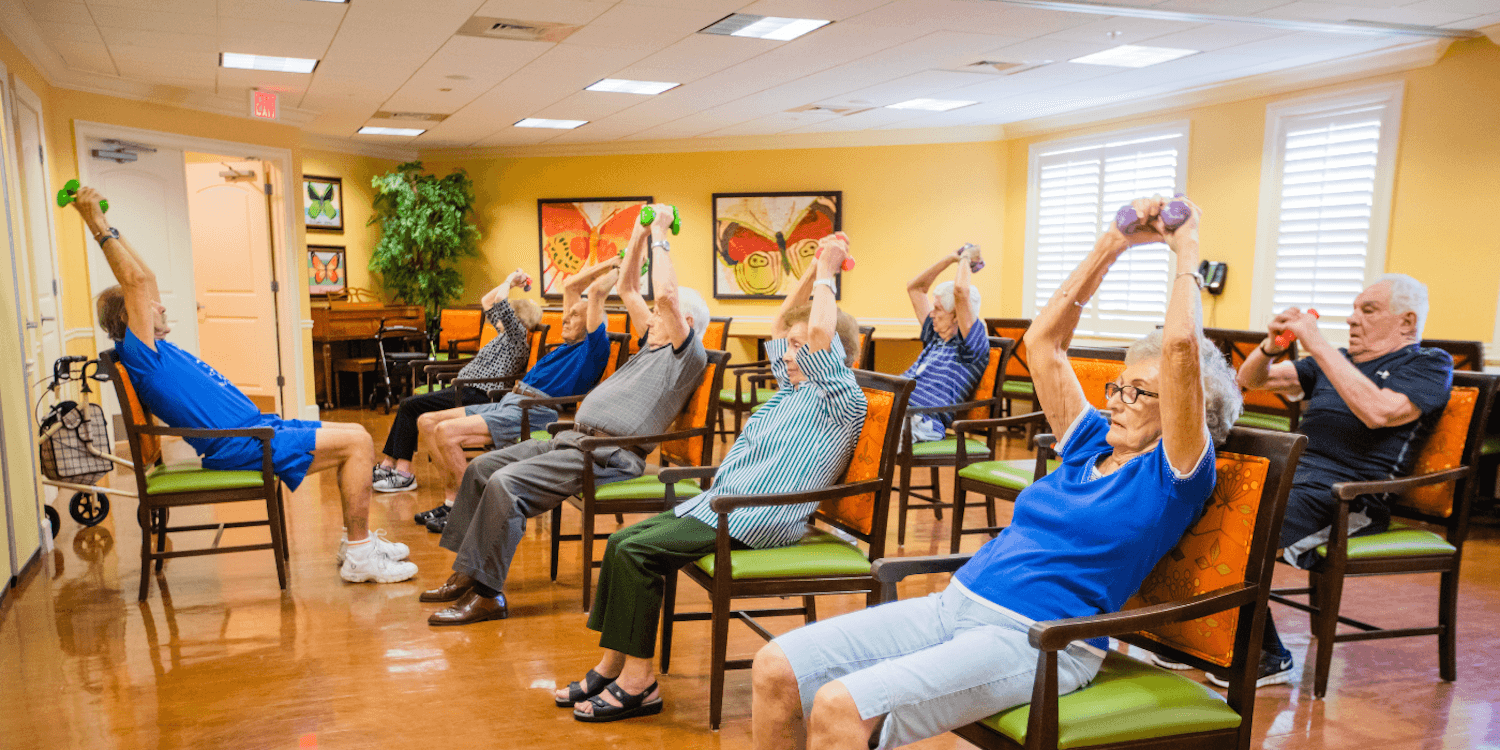Developing a Safe and Helpful Environment for Alzheimer's Treatment
The development of a encouraging and risk-free setting for individuals with Alzheimer's is paramount in boosting their quality of life. This entails not only physical adjustments within the home, such as reducing threats and integrating familiar aspects, but likewise the implementation of structured regimens and significant tasks that accommodate their cognitive needs. Recognizing the emotional and emotional measurements of care can substantially impact their sense of safety and link. Exploring these diverse strategies can reveal important understandings into reliable caregiving methods that may transform the everyday experiences of both caregivers and clients.
Understanding Alzheimer's Needs
Frequently, individuals with Alzheimer's illness display a variety of requirements that call for customized approaches to care. As the condition progresses, cognitive decline materializes in different means, impacting memory, thinking, and also the capacity to execute day-to-day activities. Caregivers should acknowledge these developing demands to provide suitable support and guarantee a better of life for those impacted.
One important element of comprehending Alzheimer's demands is identifying the relevance of routine and knowledge. People often find comfort in well established patterns, which can minimize stress and anxiety and confusion. Caretakers must strive to develop organized everyday routines that incorporate purposeful activities aligned with the individual's abilities and passions.
Furthermore, reliable communication is critical. People with Alzheimer's may battle to share themselves or comprehend complicated language. Caregivers should utilize easy, clear language, usage non-verbal hints, and technique energetic paying attention to foster understanding and link.
Caretakers should encourage interaction in area tasks or family gatherings, promoting a sense of belonging and function. Recognizing these diverse requirements is necessary for developing a supportive care atmosphere.
Creating a Safe Home
Producing a safe home for individuals with Alzheimer's disease is vital to lessening threats and advertising freedom. The layout of the home need to focus on safety while enabling for personal convenience. Eliminate potential threats such as loose carpets, sharp objects, and clutter, which can lead to drops or accidents. Make certain that paths are well-lit and clear, as appropriate illumination lowers disorientation and boosts movement.
Including flexible features is additionally critical. Mount grab bars in washrooms and near stairs, and consider making use of non-slip floor coverings in damp locations. Furthermore, using contrasting shades for walls and floors can aid in distinguishing rooms, helping to minimize confusion.
Experience is very important for people with Alzheimer's. Personalizing the atmosphere with familiar items and pictures can strengthen a sense of belonging and safety and security - Alzheimers Care Charlotte. It is also beneficial to have a marked area for everyday activities, such as analysis or crafting, which can give framework to their day
Lastly, executing a safe and secure outdoor room permits risk-free expedition while getting in touch with nature. By attentively designing the home atmosphere, caregivers can dramatically enhance the lifestyle for people living with Alzheimer's illness.
Enhancing Interaction Skills

Non-verbal interaction, consisting of faces, gestures, and touch, plays a crucial duty in communicating empathy and understanding. Maintaining eye call and a tranquil temperament can improve the comfort level of the person, advertising a feeling of security.
Moreover, it is essential to exercise active listening. This involves being totally existing, showing perseverance, and enabling the individual to reveal themselves without interruption. Rep might be required; caretakers must be prepared to revisit inquiries or topics, as individuals with Alzheimer's might fight with memory recall.
Additionally, making use of visual help or image source hints, such as photographs or acquainted items, can help with recognition and involvement. Ultimately, boosting interaction skills is about building trust fund and producing an her response atmosphere where individuals really feel heard, valued, and understood, therefore enhancing their top quality of life.
Motivating Social Communication
Promoting purposeful social interactions can greatly improve the well-being of individuals with Alzheimer's disease. Involving with others not only aids battle sensations of isolation yet also stimulates cognitive function and psychological wellness. Structured social activities, such as team arts, crafts and games, or music therapy, develop chances for citizens to get in touch with peers and caregivers, which can lead to enhanced state of mind and minimized anxiousness.
Creating a welcoming environment that motivates socializing is essential. This can be attained by arranging common rooms that help with communication, such as comfy seating areas or task spaces. Additionally, incorporating acquainted and culturally pertinent activities can stimulate memories and urge engagement, enabling individuals with Alzheimer's to really feel even more linked to their previous experiences.
Additionally, caretakers need to be trained to identify and promote social interaction among residents. Straightforward motions, such as initiating conversation or promoting little group conversations, can assist people feel valued and included. Regularly set up social occasions ought to be regular yet versatile, fitting differing degrees of ability and rate of interest. By prioritizing social interaction, we can dramatically improve the lives of those living with Alzheimer's, fostering a feeling of neighborhood and belonging.
Supporting Caregiver Well-being

To sustain caregivers, companies must supply regular training and educational resources to enhance their understanding of Alzheimer's condition and caregiving methods. Offering accessibility to respite treatment services enables caretakers to take needed breaks, minimizing stress and anxiety and tiredness - Alzheimers Care Charlotte. Additionally, fostering an area through support system can promote emotional sharing and the exchange of useful recommendations among caregivers, developing a network of common support
Mental health sources, such as therapy services, can likewise be essential in addressing the emotional toll caregiving can take. By focusing on caregiver wellness, we develop an even more lasting caregiving setting that not click this link just profits the caretakers themselves but also enhances the total quality of care gotten by people with Alzheimer's. Ultimately, supporting caregivers is a necessary part in cultivating a reliable and compassionate treatment setting.
Conclusion
Finally, the creation of a risk-free and helpful setting for individuals with Alzheimer's is important to enhancing their high quality of life. By prioritizing safety and security via thoughtful layout, fostering emotional health with acquainted elements, and promoting interaction with structured regimens, caregivers can substantially influence the general experience of those affected by this problem. Moreover, supporting caregiver well-being is essential, as it inevitably adds to an extra compassionate and efficient treatment environment.
Repetition might be required; caretakers ought to be prepared to review topics or questions, as individuals with Alzheimer's may struggle with memory recall.
